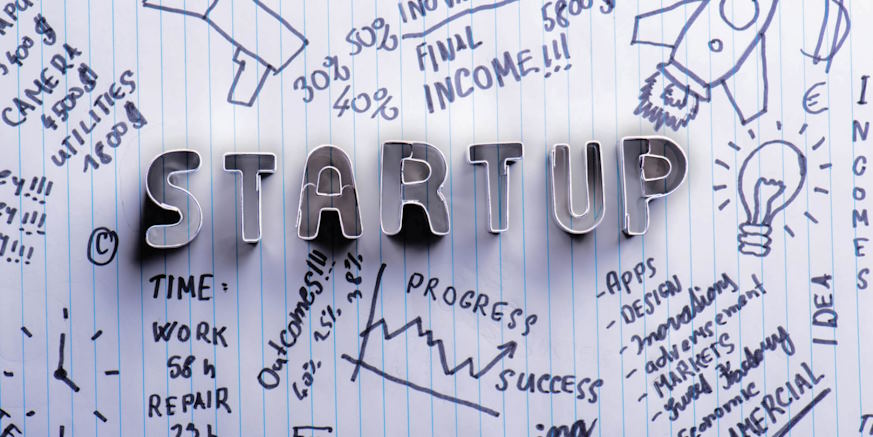In the relentless ebb and flow of the modern business world, change is not merely a constant, an immutable law. The markets in which businesses operate are dynamic and ever-evolving, shaped by global forces, technological revolutions, and the capricious whims of consumer preferences. Yet, amid this perpetual flux, one truth remains unassailable: the ability to adapt is the lifeblood of any thriving enterprise.
Why should you adapt business to market changes and economic shifts?
Adapting your business to market changes and economic shifts is not a matter of choice. It’s a fundamental necessity for several compelling reasons:
Sustaining Relevance
Markets are in constant flux due to technological advancements, shifts in consumer behavior, and competitive pressures. Failure to adapt can lead to obsolescence, making it vital to stay relevant.
Meeting Customer Demands
As market dynamics change, so do customer preferences and expectations. Adapting allows you to align your products or services with evolving customer needs, ensuring continued satisfaction.
Seizing Opportunities
Market changes often bring new opportunities for growth and expansion. Businesses that adapt proactively can seize these opportunities and gain a competitive edge.

Mitigating Risks
Economic shifts, such as recessions or global crises, can disrupt traditional business models. Adaptation strategies, like diversification or cost-cutting measures, can help mitigate risks during uncertain times.
Staying Competitive
In highly competitive markets, adaptability is a key differentiator. Businesses that can pivot quickly in response to changing conditions are more likely to outperform their rivals.
Enhancing Innovation
Adaptation encourages innovation. When a company is open to change, it’s more likely to experiment with new ideas, technologies, and strategies that can lead to breakthroughs and improvements.
Supporting Long-Term Growth
Adaptation isn’t just about surviving the present. It’s also about thriving in the future. Businesses that adapt effectively are better positioned for sustainable, long-term growth.
Customer Trust
Demonstrating your ability to adapt can build trust with customers. They are more likely to have confidence in a business that responds to their evolving needs.
Remember, while change can be challenging, it’s also an opportunity for growth and innovation.






